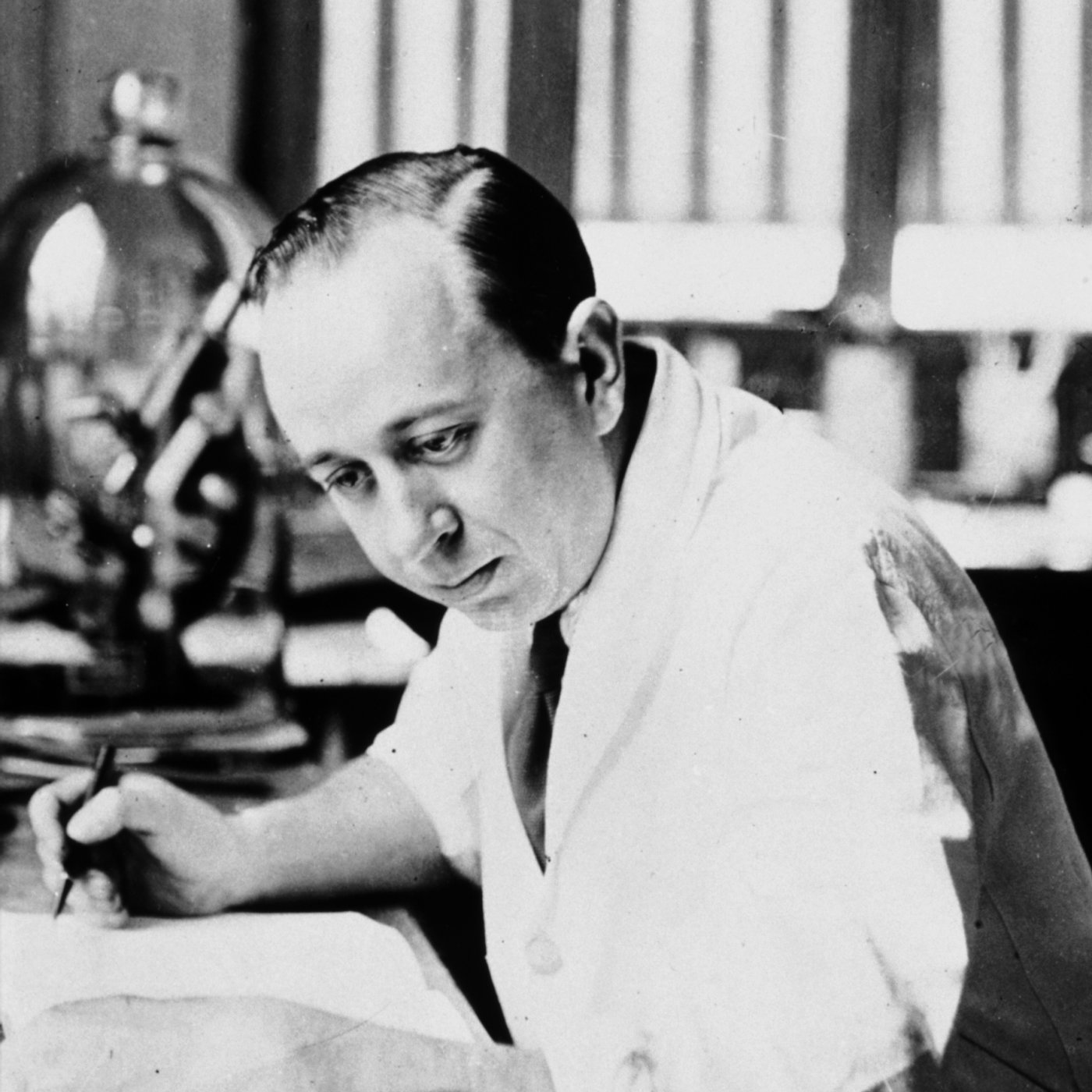
In 1925, when Federico Nitti was studying medicine at the University of Naples, his family had to flee Mussolini’s fascist Italy. Federico continued his studies in exile in Zurich and then Paris. A hospital extern, he enrolled in the Grand Cours at the Institut Pasteur, working as a laboratory intern at 30 under the direction of his compatriot, Alessandro Salimbeni. Qualifying as a physician two years later, he joined the medicinal chemistry laboratory of Ernest Fourneau. This was where he, Daniel Bovet and Thérèse and Jacques Tréfouël isolated an active antibacterial compound, paving the way to the first antibiotic treatments containing sulfonamides. Federico Nitti obtained French citizenship in 1939, and the following year he was put in charge of a bacteriology laboratory, where he studied penicillin and M. tuberculosis. Joining the Resistance under the name Dr. Morin, in 1942, with Jacques Tréfouël, then Director of the Institut Pasteur, he set up a top-secret warehouse to supply the French Forces of the Interior with drugs, sera, vaccines and equipment: over 200,000 vials of anti-tetanus serum and a ton of sulfonamides would be delivered to combatants. For this role, he was awarded the Resistance Medal in 1945. After the Liberation, Federico Nitti joined Daniel Bovet, who a few years previously had married his sister Filomena, at the medicinal chemistry laboratory of the Higher Institute for Health in Rome, Italy. He died prematurely a few months later at the age of 44. "His smiling optimism, his calm courage, his total disregard for danger, his intuition, his intelligence, his boundless bacteriological knowledge: he gave everything to serve the Institut Pasteur and France, his chosen homeland," wrote Jacques Tréfouël.
|
DOCTOR NITTI'S TOP-SECRET WORK Federico Nitti was the first in France to prepare and use penicillin – in total secrecy under the German occupation. Although penicillin had been discovered in 1928 by the Briton Alexander Fleming, it was not used until after the war, when purification methods made large-scale production possible. In the meantime, Nitti wanted to test this promising molecule. He managed to secretly procure a strain of Penicillium notatum, the fungus that secreted the antibiotic, studied its mechanism of action and penicillin production, and provided small amounts of it to Pasteur Hospital for clinical trials. The Germans heard word of the famous strain and ordered him to procure them some. "All right, I will try to get it started,” said Nitti. But he duped them by providing a sterile strain... |
|
> September 20, 1903 > 1925-1927 > 1933-1934 > 1935 > 1935-1939 > 1940 > 1940-1944 > 1942 > 1944 > 1945 > 1946 > March 3, 1947 |


